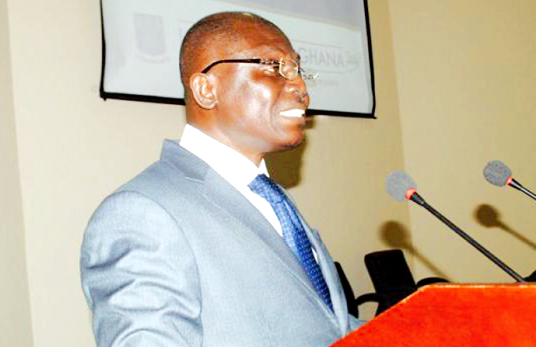
Cease efforts to expand public tertiary education - ISSER to Govt
The Institute of Statistical, Social and Economic Research (ISSER), has urged government to cease its ongoing efforts to expand the public tertiary educational sector.
Taking into account the country’s fiscal challenges, it said it made little economic sense for the government to embark on establishing public tertiary institutions in every region of the country, even though access to the existing ones was national and not limited to indigenes of any region.
It said it was also not necessary for the government to embark on such a project due to the proliferation of private tertiary institutions which had led to the excess supply of graduates in the labour market.
This was contained in its report on “the state of the Ghanaian economy in 2015”.
The institute believed government should rather pay greater attention to enhancing the quality of graduates from the already existing public tertiary institutions and at the same time also ensure the improvement of basic education, not only to better prepare students for secondary schools but to enhance attractiveness of technical and vocational education in order to change the present labour market supplies.
It also called on government to ensure tighter regulation of private tertiary institutions in order to ensure the quality of education received from such institutions.
Quality of education declining
The report further indicated that the quality of education in the country at all levels of the academic stream declined in 2015.
The Director of ISSER, Prof. Felix Asante, who presented the report, said the decline in education was due to increased access which was not matched by increased funding.
He said the majority of the pupils sampled in the Early Grade Reading Assessments (EGRA) and Early Grade Mathematics Assessments (EGMA) administered in 2013 were unable to read.
“The EGMA showed that by the end of Primary Two, pupils were doing reasonably well on number identification and addition level one, but they were unable to answer most level one subtraction items correctly,” he said.
According to him, students’ performance in the West African Senior School Certificate Examination (WASSCE), particularly in Mathematics and Science, had been on the decline since 2012 when it peaked.
He said this had contributed to lower enrolment in Science and Mathematics programmes at public universities, citing the National Accreditation Board’s (NAB) figures of 34 per cent to 64 per cent for science-based to humanities-based programmes respectively in public universities at both diploma and undergraduate levels.
Prof. Asante argued that “if pupils are provided with the opportunity to study science in rich learning environments, this can boost their interest and confidence in the subject so that they become good problem solvers at an early age.”
On tertiary education, he indicated that the over-reliance on the government to finance public tertiary education had taken its toll on the quality of infrastructure in most tertiary institutions.
He believed that government’s reluctance to pass on costs of tertiary education to students in public tertiary institutions was worrying, leading to costs being controlled and such controls not supporting quality.
He, however, pointed out that the country’s education sector had witnessed some improvements following an increased access at all levels as a result of both private and public participation. — GB